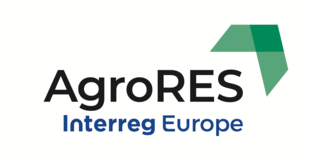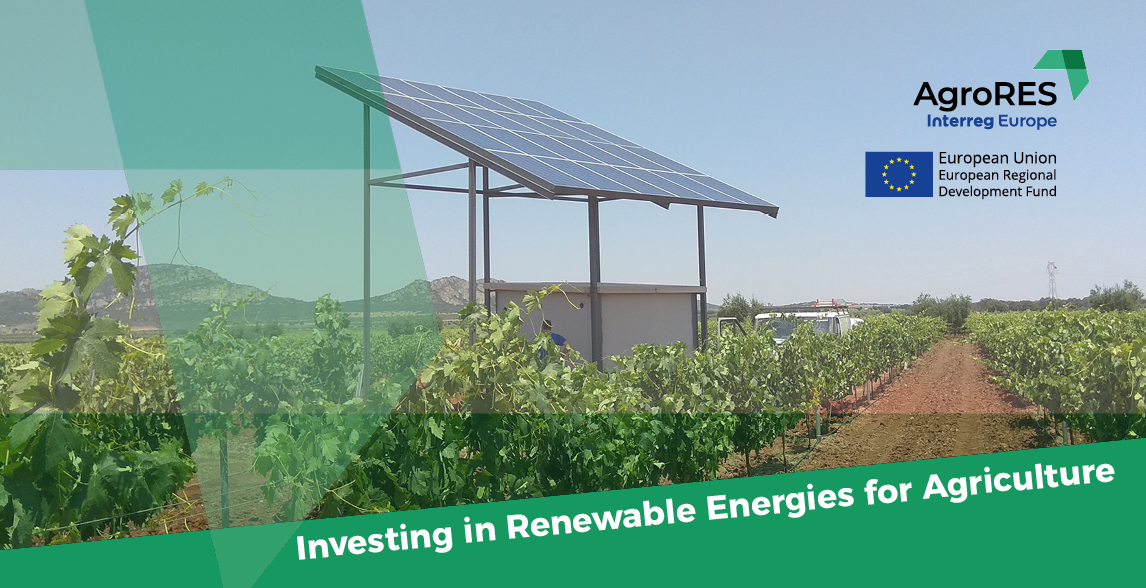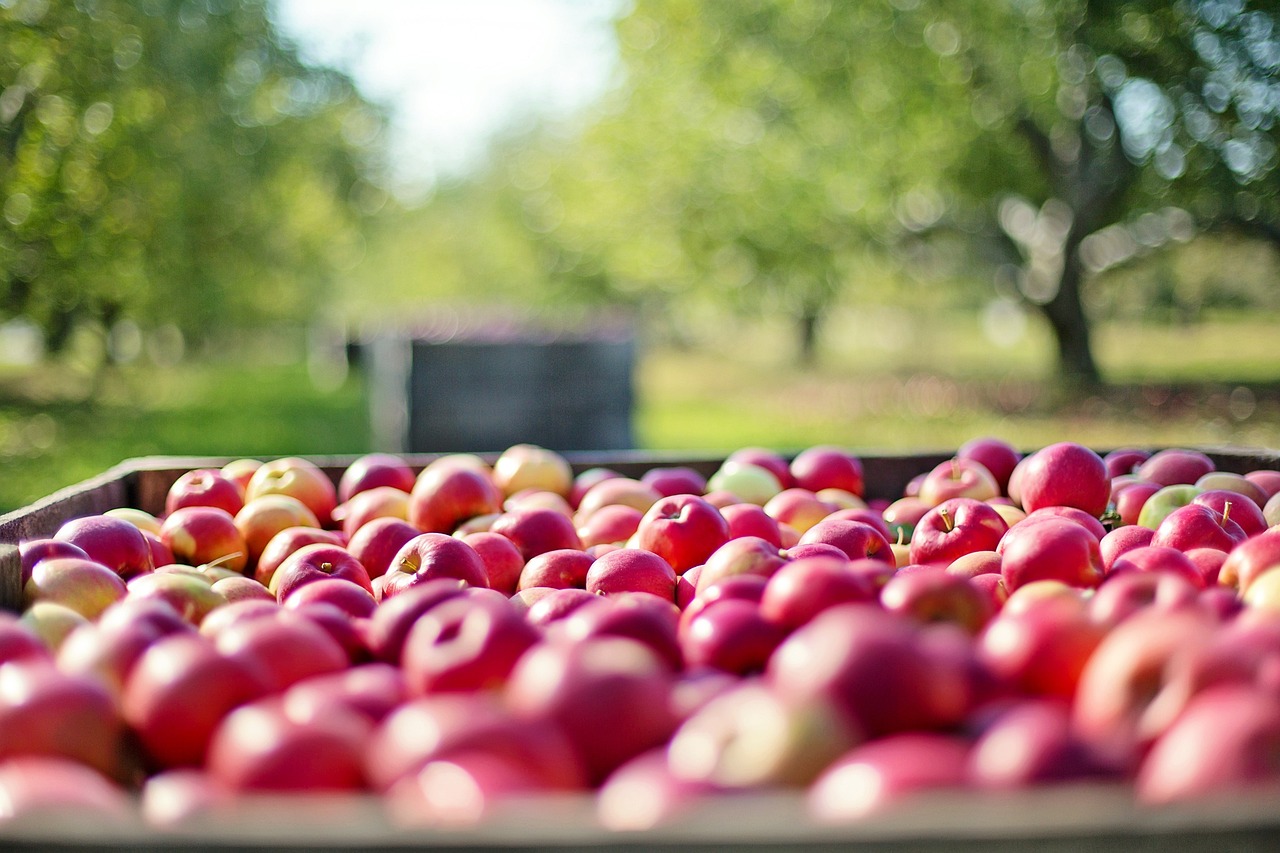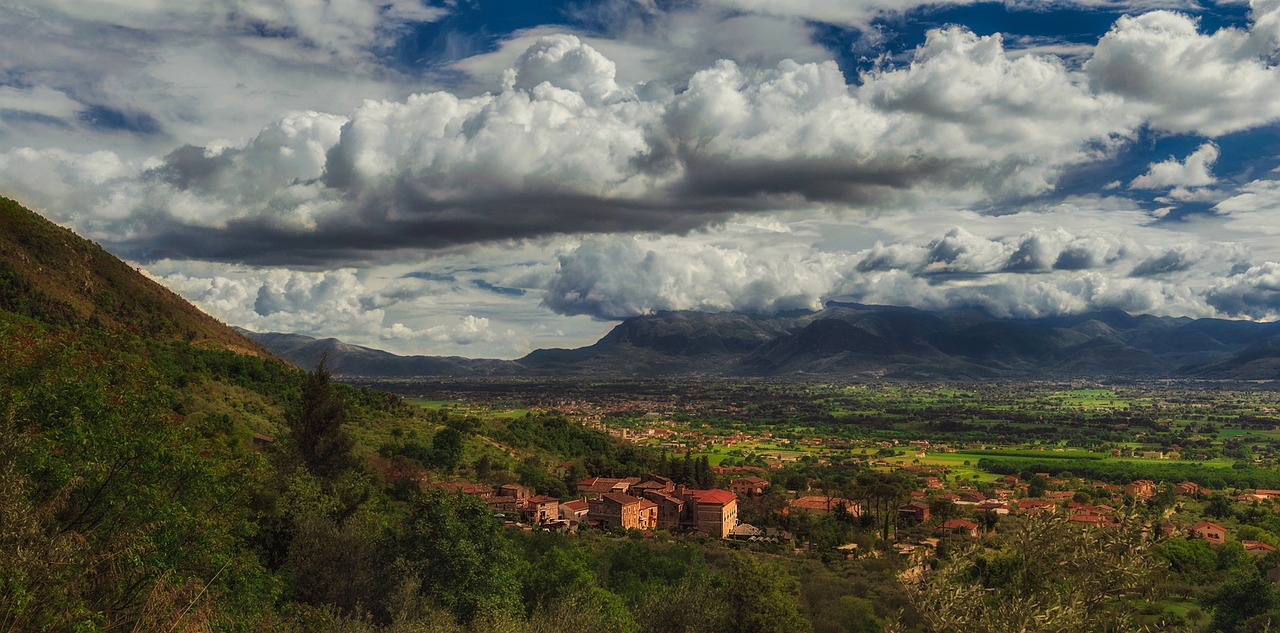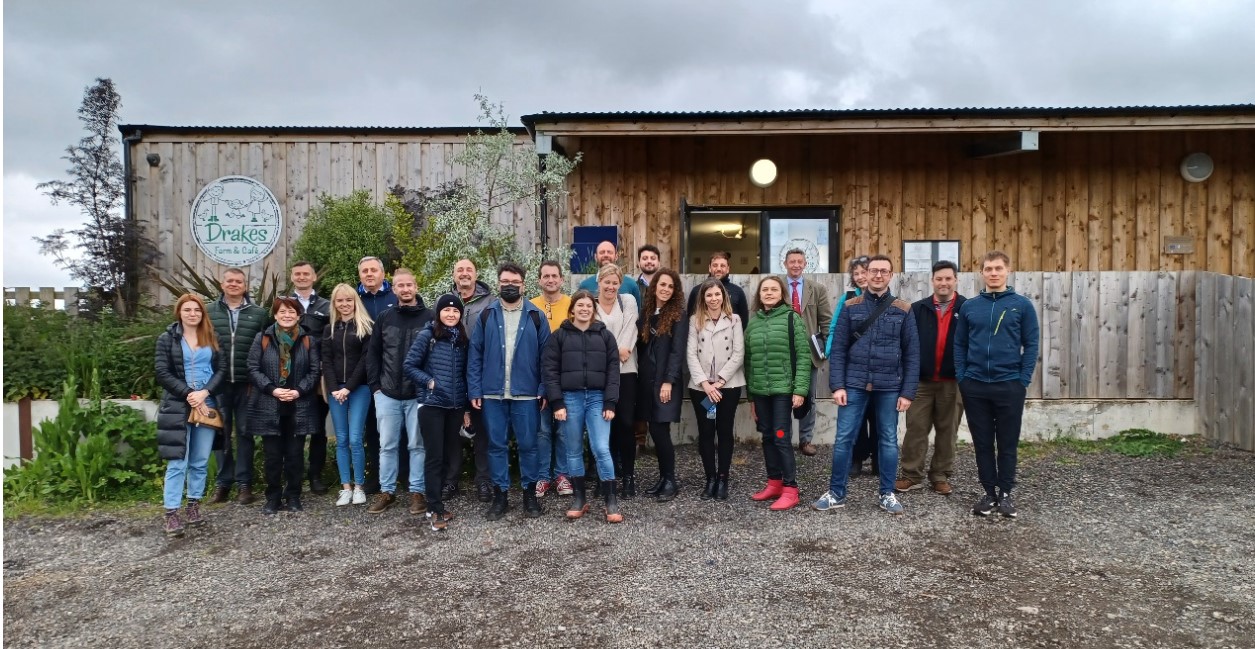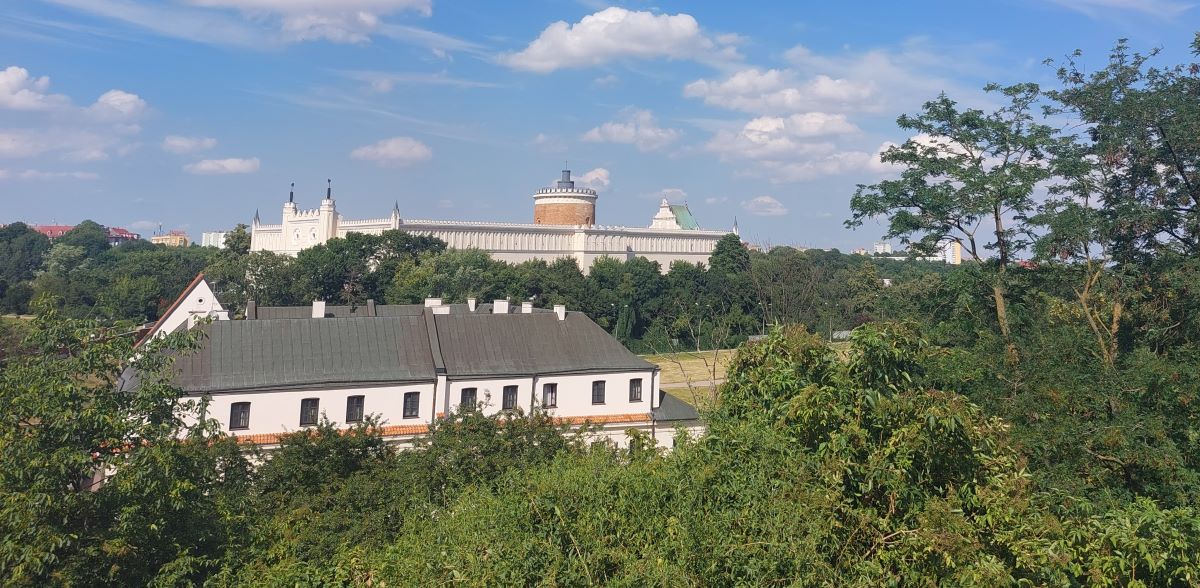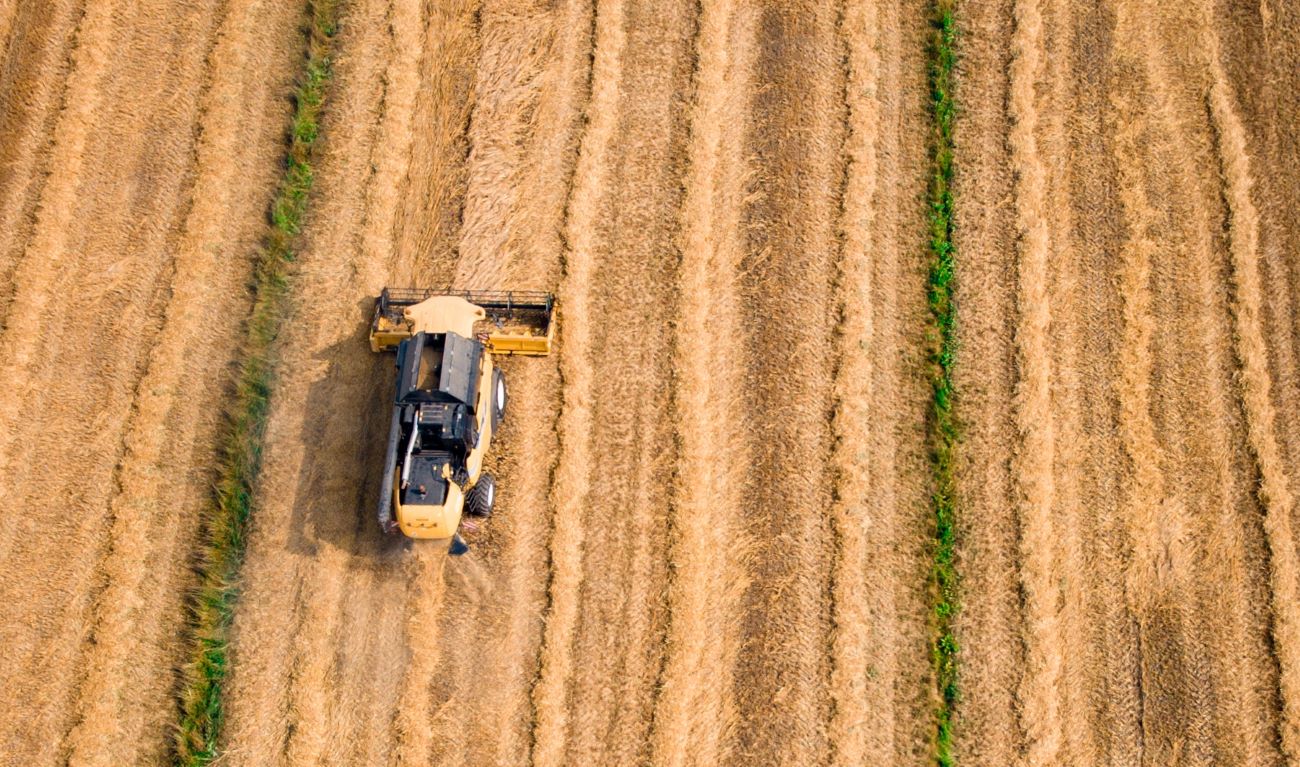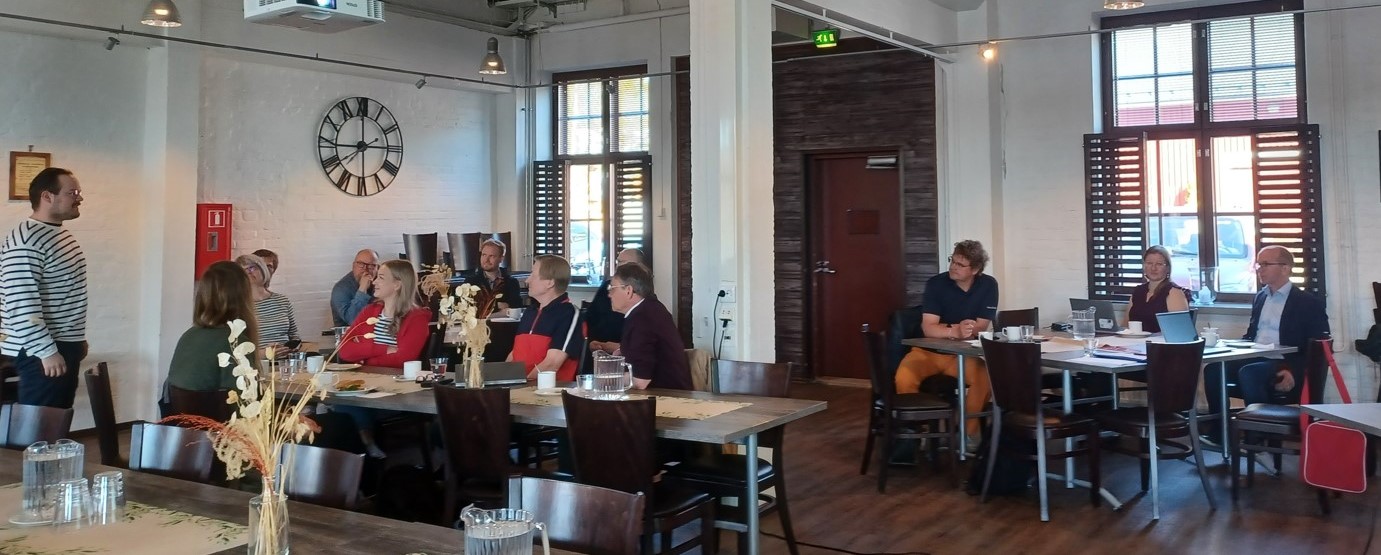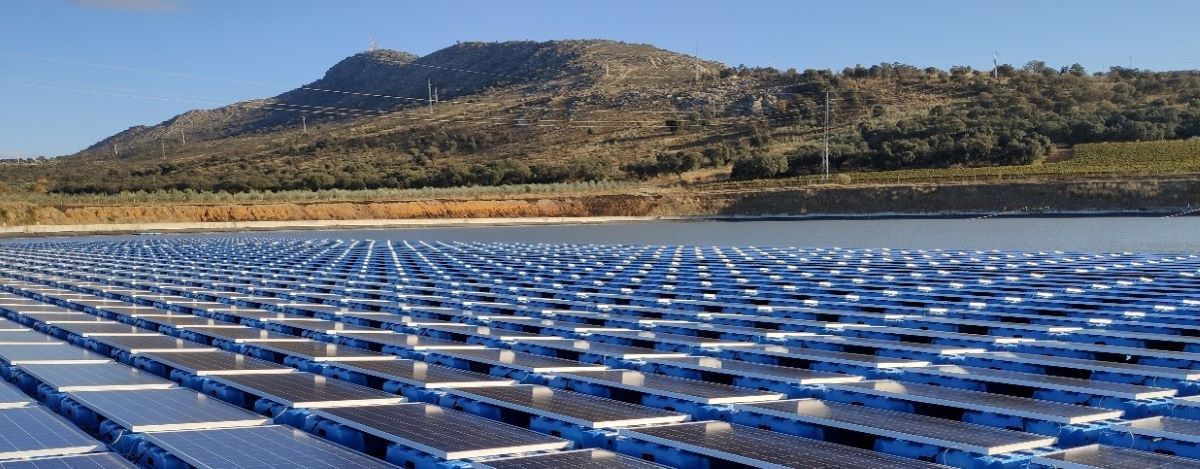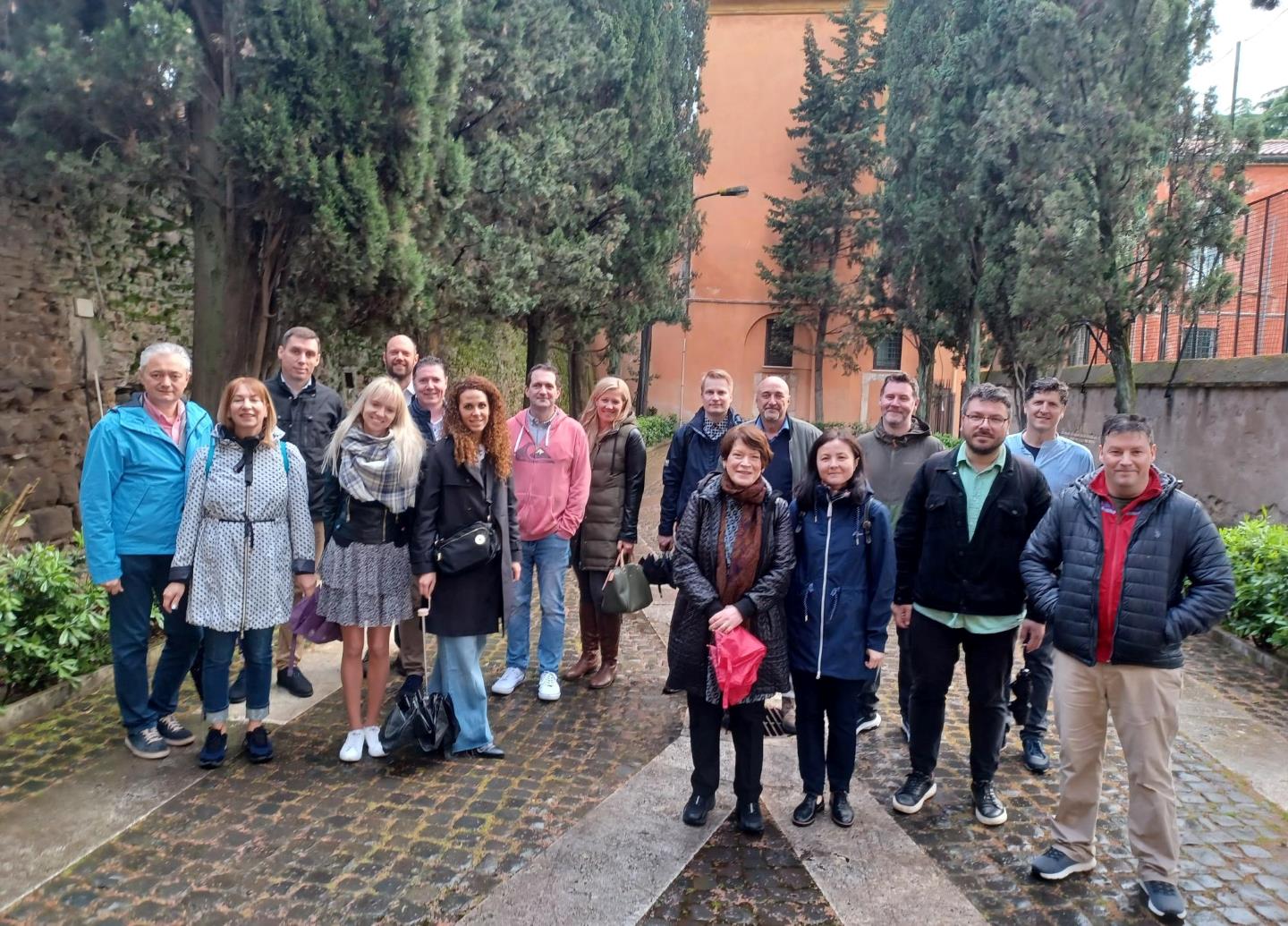A large part of the houses in the Romanian rural areas are a few decades old and their insulation has not been improved to modern standards. This is the main reason for the energy losses reach up to 25-30% through exterior walls, windows, or roofs. At the same time, a large part of the inhabitants of these areas live on the subsistence level, mainly using wood burning to produce thermal energy.
In an attempt to improve the situation and implicitly the air quality, on September 15th, the Ministry of Environment, Waters and Forests organized a press conference in order to announce the launch of the "Energy-Efficient House" financing program. The aim is to reduce the energy consumption of Romanian households and thus, to diminish the level of greenhouse gas emissions in these areas. The objectives of this initiative are to increase the energy performance of unmodernised houses and to create sustainable growth in the use of RES in existing single-family homes, situated in a building consisting of a maximum of 3 levels. Eligible costs include: installation of new windows with a low heat transfer coefficient, insulating materials for exterior walls, purchase, assembly and commissioning of a more efficient central heating system, solar panels, improved ventilation systems, lighting fixtures with LEDs, motion sensors, new valves and pipes, etc.
In order to obtain these funds, each applicant will make an initial energy audit of the house he wants to improve and will submit an online application for financing, reaching a maximum of 14,400 Euros. The maximum duration for each project is 18 months. Upon completion, the Environmental Fund Administration will provide 60% of the value of the improvements, after a new specialized audit of the house. The condition for the application to be eligible is that the energy efficiency of the building be increased by at least one class.
An important proportion of the people living in the countryside undertake certain agricultural activities such as cultivating vegetables or cereals and raising animals to supplement their family earnings. Moreover, a small part of the citizens have no other source of income than what they produce in their own household. In this regard, this financing program comes to the support of energy-inefficient houses, including those in the rural areas, having a large environmental component, due to the reduction of CO2 resulting from fossil fuels utilisation, but also an economic and social one. Indirectly, such an investment leads to a substantial decrease in energy bills and, implicitly, will diminish the national energy consumption. This type of beneficial measures can be successfully applied in farming communities in other European regions, where there is the possibility of modernizing homes to improve energy efficiency, lower maintenance bills, reduce pollution and improve the quality of life.
